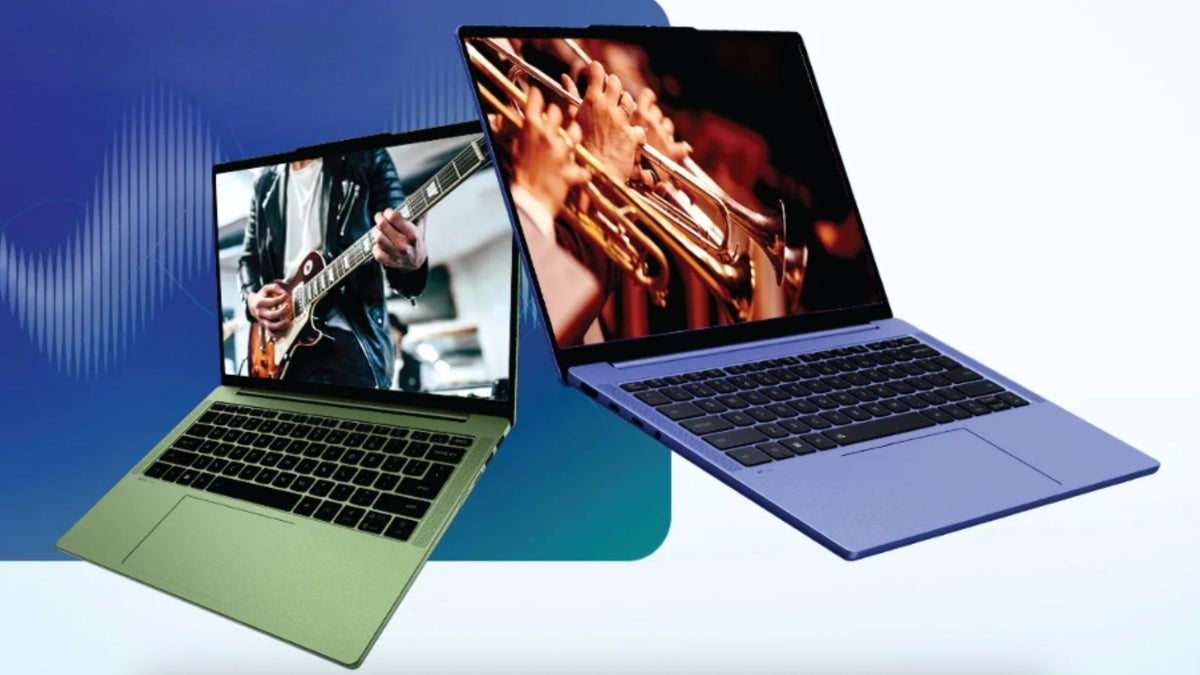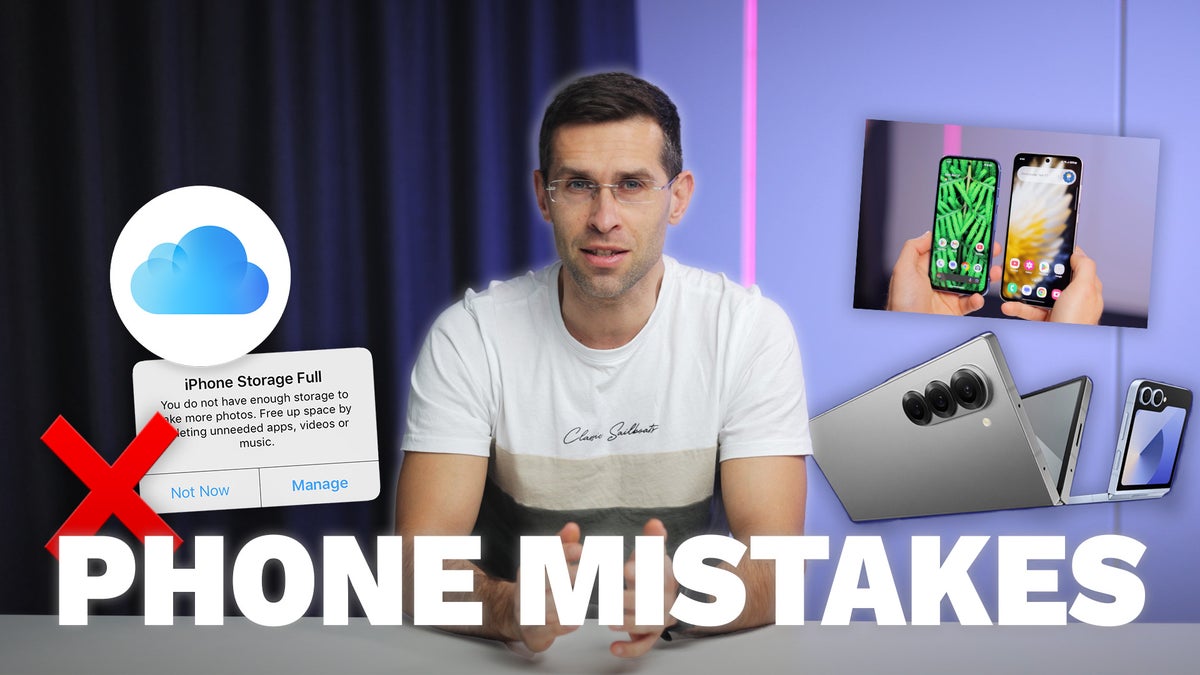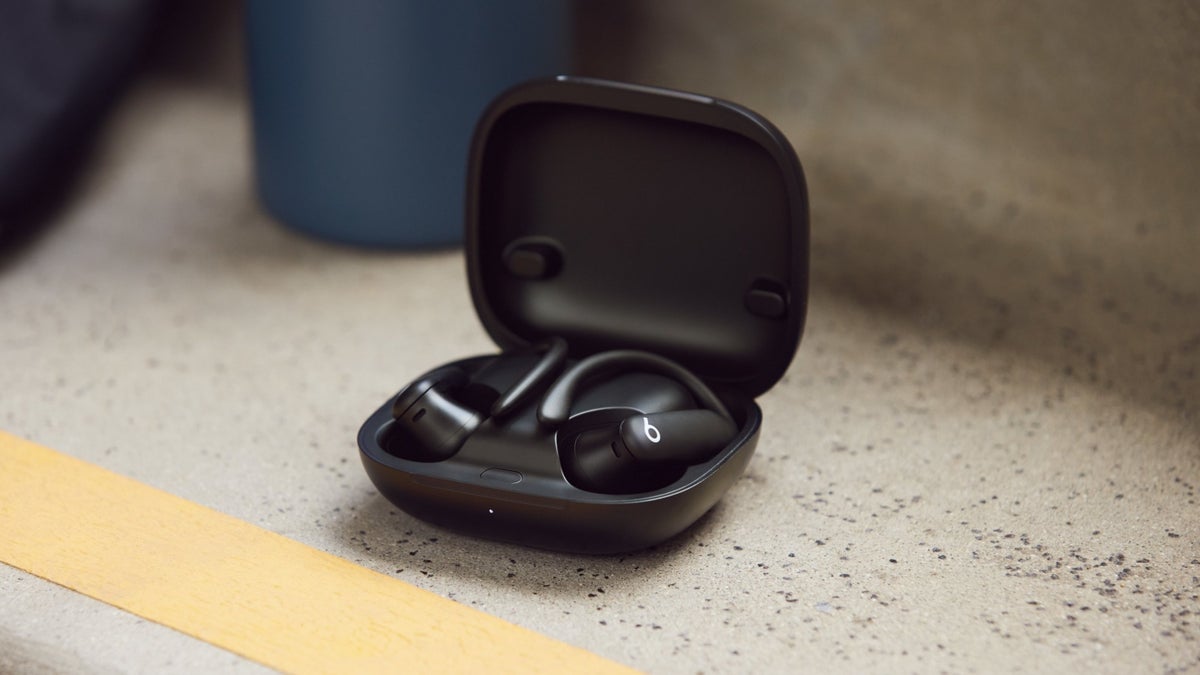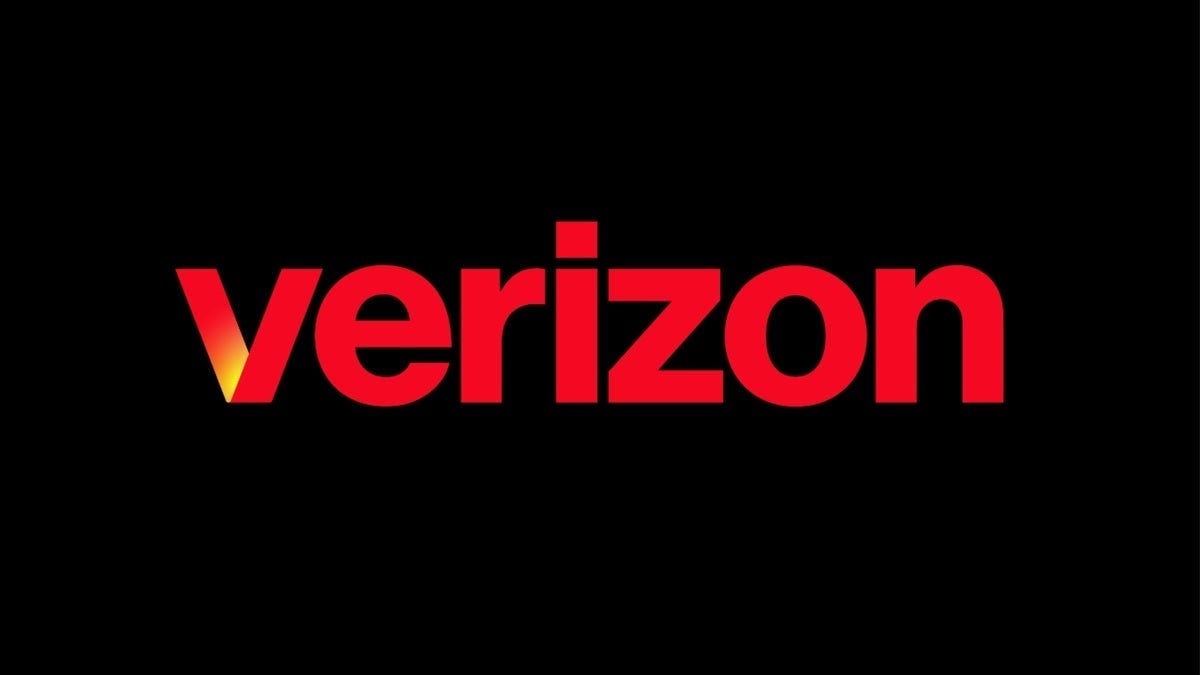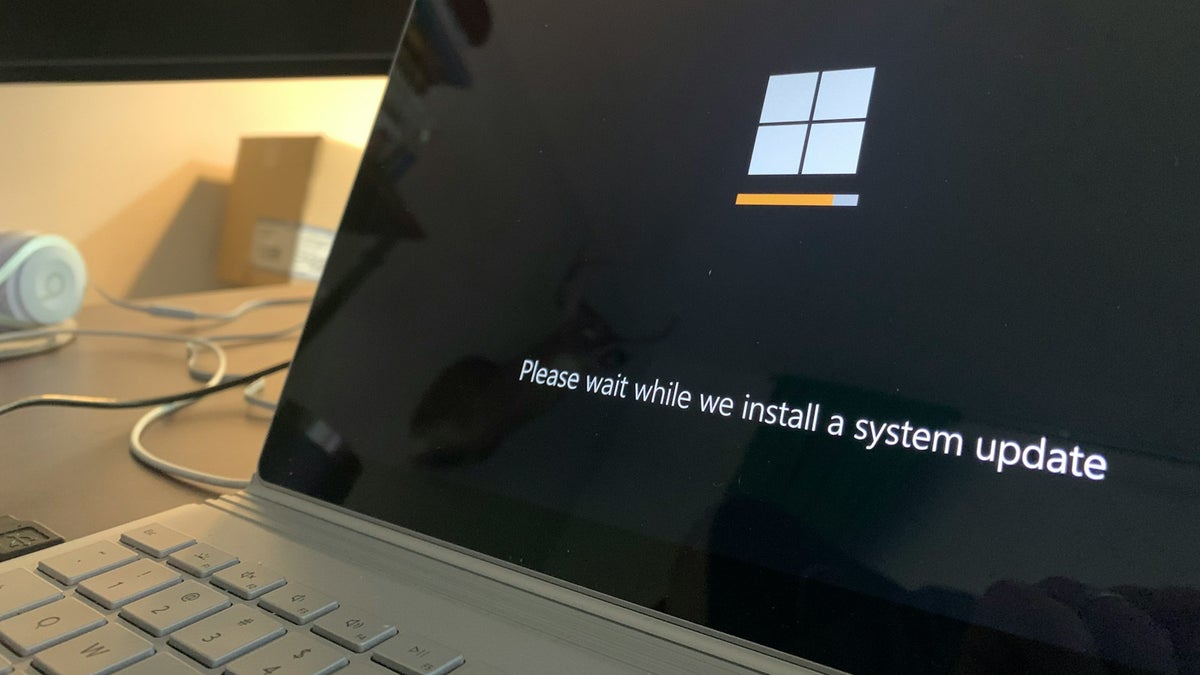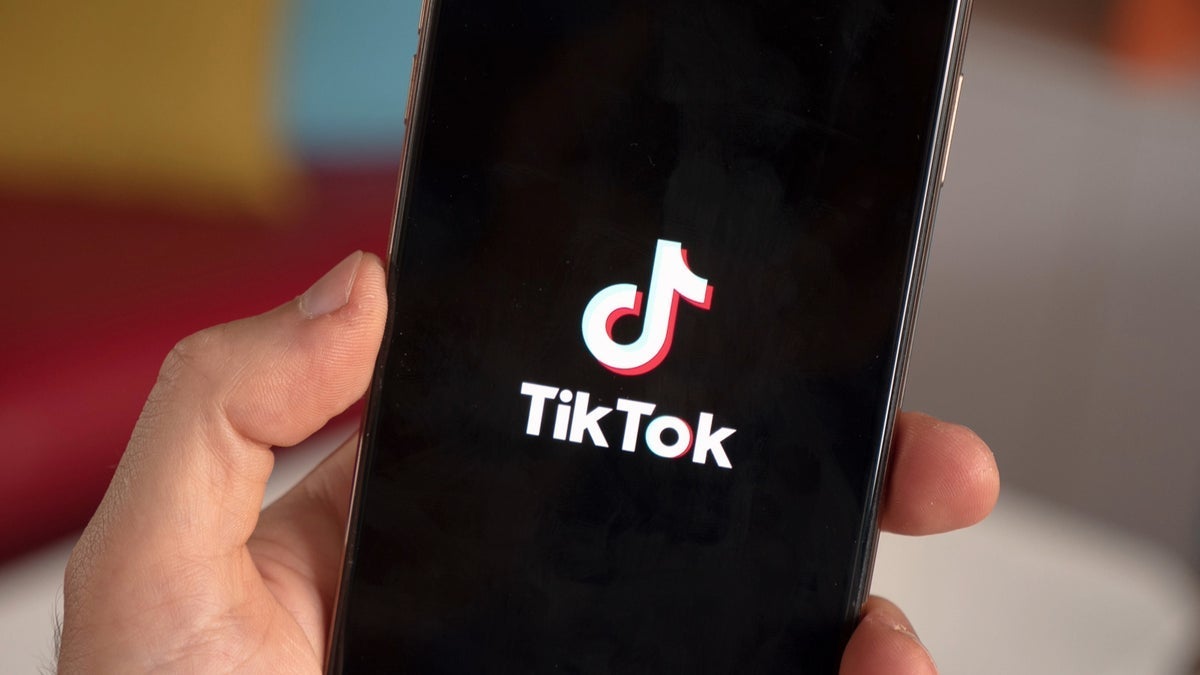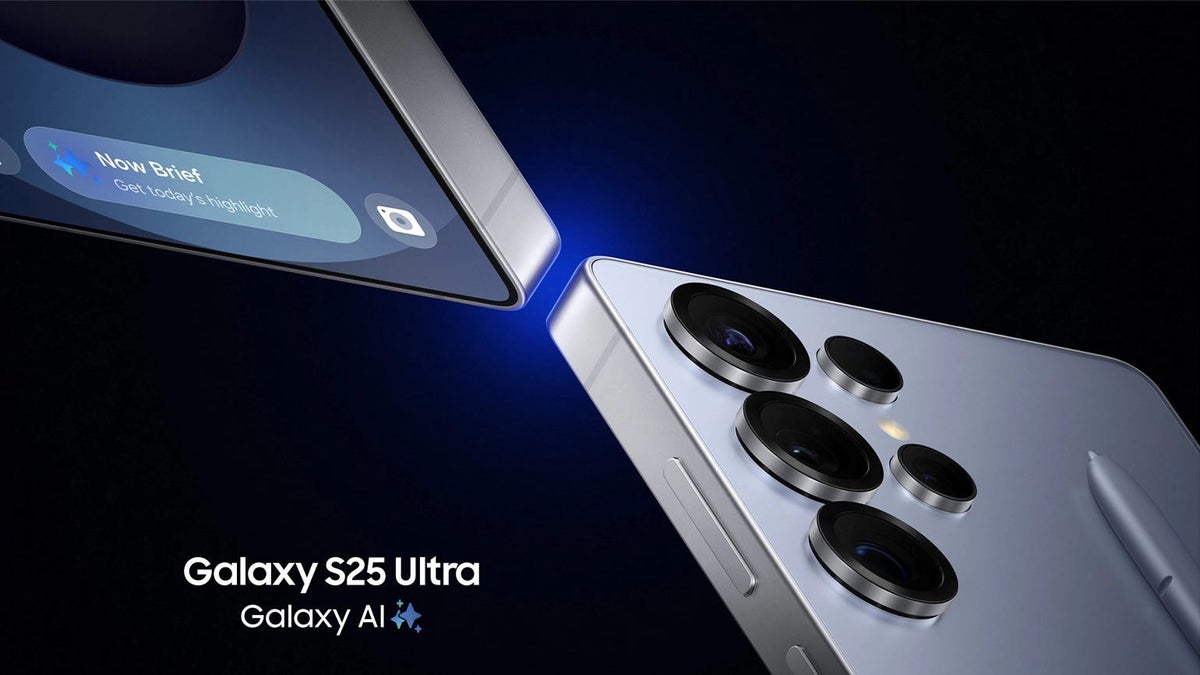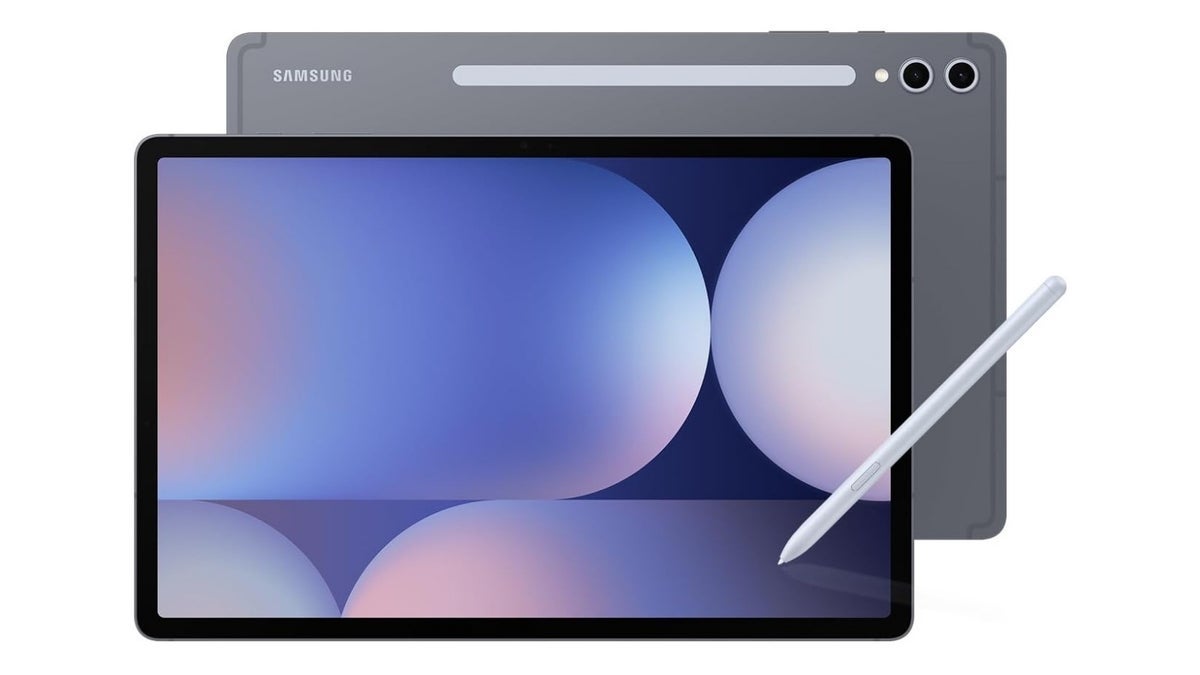[ad_1]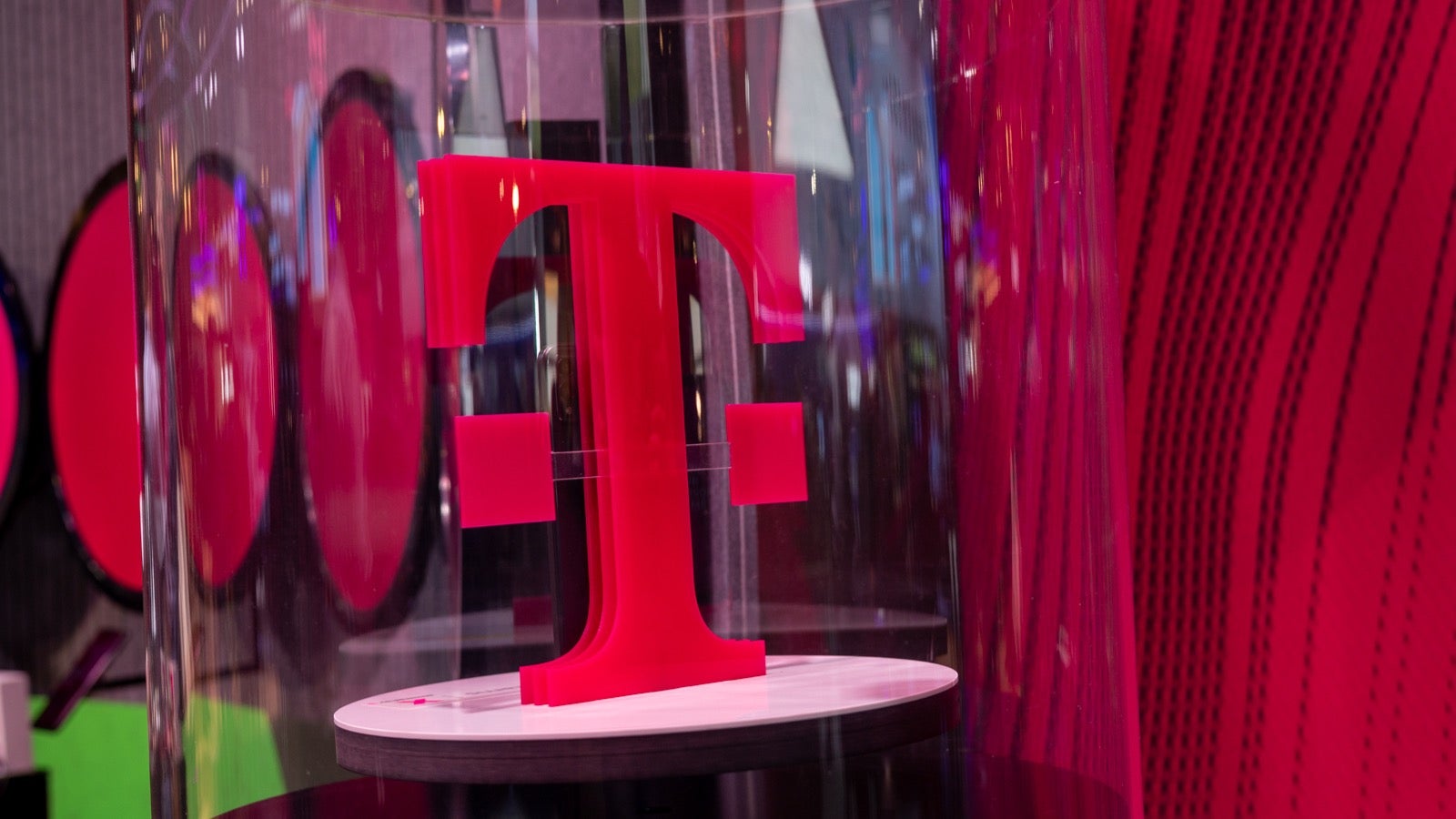
The idea behind simple first: Solve the customer's problem in the first attempt, and the reaction is calculated as success. but According to retail employees, if a customer calls customer service after a purchase, even for something that has nothing to do with the bill, the original reaction is distinguished as incomplete. As a result, the worker who helped them first can lose credit for sale.
This has become a dangerous point of frustration for many store representatives. Some say they did everything correctly during the sale, just to see their standard tank after a follow -up call that has nothing to do with their performance. In their eyes, the system is defective. It also creates friction between departments. The store staff and customer service agents are said to clash over those who get a punishment when a customer calls.T-MobileCustomer service was once a major selling point, especially with the "Experts Team" model that aims to create more personal support. But as the company grows and tends more to automate and track performance, some of this first human reputation may slip.
Transport companies like Verizon and At & t face similar problems with customer service, however T-Mobile She put herself as more suitable for customers. If it ends up with the FIR and other internal systems of employees on things outside their control, this difference may begin to disappear.
The scales can be useful tools, but only when the full image reflects. If the employees are doing their jobs well and still suffer from this because the customer makes a follow -up call, it may be time T-Mobile To rethink how to measure success.We contacted with AT & T For a comment and we will update the story when we have a response.
[ad_2]
Download




